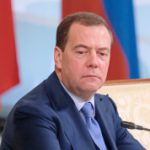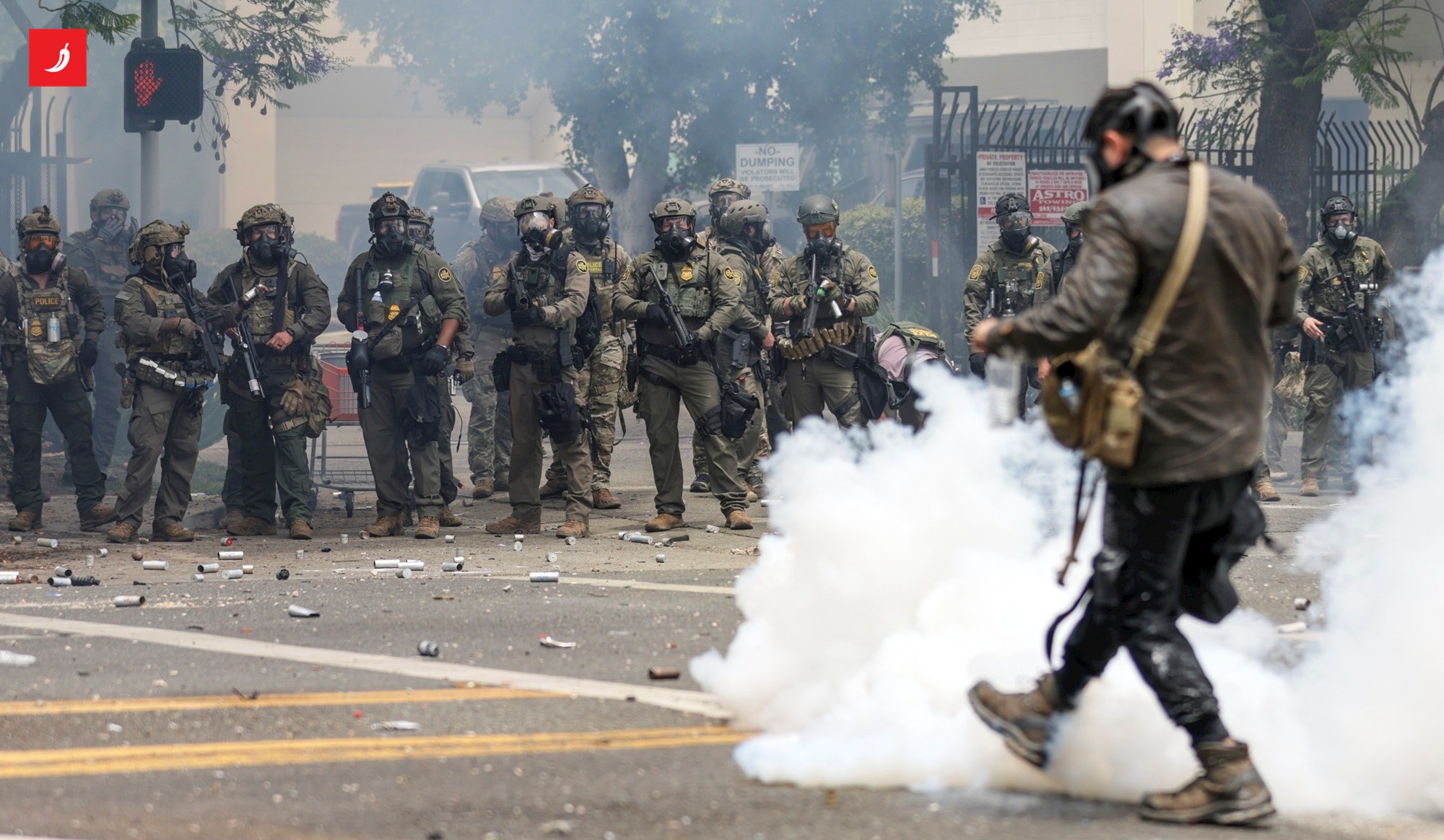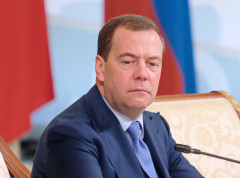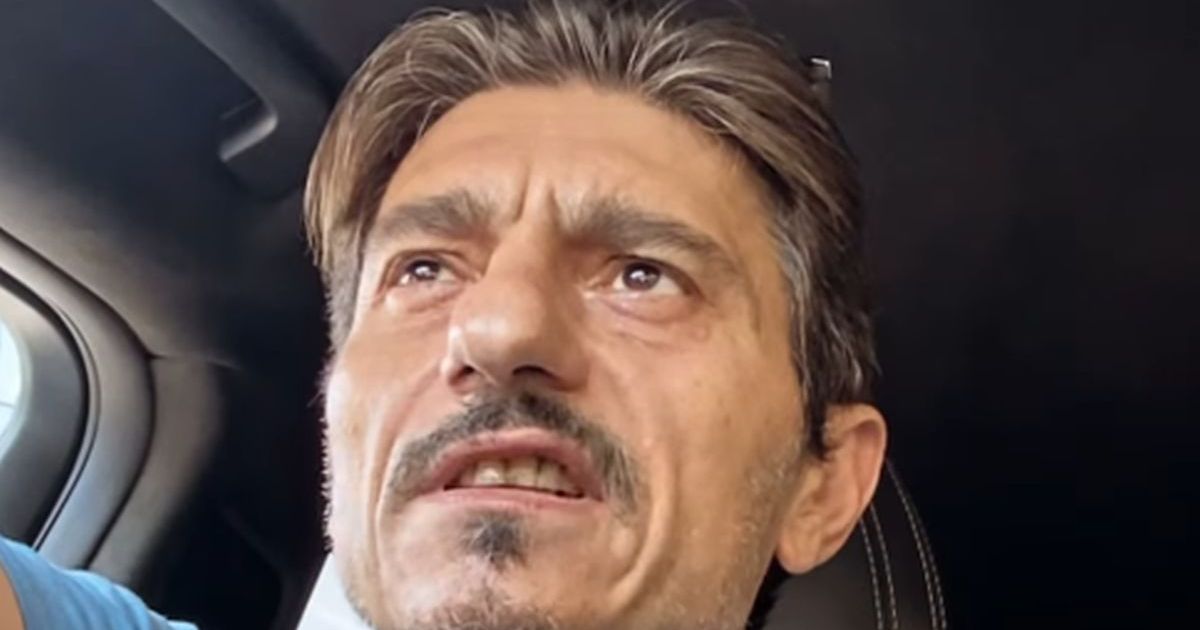Estonian President Alar Karis, during his visit to Montenegro, highlighted many positive steps Montenegro has taken on its path towards European Union membership. He emphasized the importance of strengthening the judiciary, rule of law, and institutional transparency, as well as the need for persistence and time in implementing reforms. Karis praised Montenegro as a frontrunner among Western Balkan candidate countries and expressed Estonia’s readiness to assist with technical support and experience sharing. He also stressed the significance of public support for the accession process and the need for greater political will within the EU to accelerate the enlargement process. Additionally, Karis spoke about security challenges in Europe, particularly in the context of Russia’s aggression against Ukraine, and highlighted the importance of NATO and EU cooperation in strengthening defense and supporting Ukraine. He also pointed out the potential for cooperation between Estonia and Montenegro in digitalization and public administration.
Political Perspectives:
Left: Left-leaning outlets emphasize the importance of democratic reforms, rule of law, and public support in Montenegro’s EU accession process. They highlight the role of Estonia as a model for successful integration and stress the need for EU to uphold its promises to candidate countries. The narrative often includes the geopolitical context, condemning Russian aggression and supporting Ukraine, framing EU enlargement as a tool for regional stability and democracy.
Center: Center-leaning sources report on the factual progress Montenegro has made towards EU membership, focusing on the technical and political aspects of the accession process. They present statements from Estonian President Karis about the challenges and necessary reforms, the importance of public support, and the EU’s role in enlargement. The security situation in Europe and cooperation with NATO are mentioned as relevant factors influencing the process.
Right: Right-leaning media may focus on the sovereignty and national interests of Montenegro, emphasizing the importance of maintaining strong institutions and rule of law. They might highlight the security threats posed by Russia and the need for Montenegro to align with Western defense structures like NATO. The narrative could stress the importance of national unity and the role of political will in achieving EU membership, sometimes expressing skepticism about the EU’s enlargement pace or conditions.









